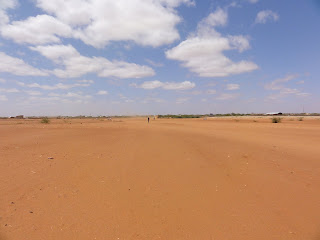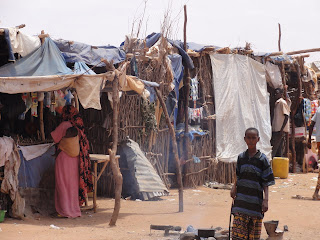As you travel around Africa, sooner or later one of the things you will experience is a rolling brown out. So as to conserve energy, the utility company will target specific areas at specific times where it will dim the power, so as to conserve energy for later use. My experience is that we humans often do the same thing: We only have so much energy to get us through the day’s activities so we pick and choose which tasks we need to be up for, and where we can turn on auto- pilot and simply cruise without expending a lot of power.
However, there is another reason behind human brown outs that is not based upon being wise but upon fear. By turning the power down, say, in my familial relationships, I automatically dim the lights so as to not see what I do not wish to see, but, actually, have seen but am now pretending to not see. Don’t you see?
I don’t want to own my power at home because …
if I do, I won’t be able to manage the conflict and the marriage will end in disaster and it will be my fault.
Owning my power means taking responsibility for the effects of that power and I do not want to be responsible for what is happening.
I do not want to face the effects of choosing to not engage my power.
(“Passivity” is a choice, by the way.)
if I just let sleeping dogs lie, I can at least sustain the status quo.
You choose to not own your power, all the while experiencing an anxiety that screams, Engage! Engage! Bad things are about to happen!
Yes, you do see. Your anxiety tells you that you see. But you pretend not to: you avoid, you evade, you feign confusion, and you deflect.
No I don’t. (Avoidance)
I tried but it got worse. (Evade)
I wouldn’t know what to do. (Confusion)
I tried but it got worse. (Evade)
I wouldn’t know what to do. (Confusion)
I’ll turn the lights back on when s/he does. (Deflect)
Reality is going to win here. Whether it is on the job, at home, with a friend or someplace else, sooner or later, it hits the fan and the room smells like a toilet. There is no hope if you stay in the dark. At least if you turn the lights back on and own your power, there is a possibility of solutions and healing. Brown Outs insure defeat. And if you turn the lights back on and still experience a defeat? Well, you can, at the very least, maintain your self-respect.
Copyright, Monte E Wilson, 2011





































